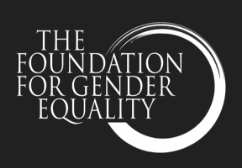
Patrick Moynihan, President of The Haitian Project, a Rhode Island-based Catholic non-profit which educates poor Haitians, has publicly rejected a $100,000 donation offered by a representative of Robert Kraft, the billionaire owner of the New England Patriots.
In a May 8, 2019 Skype interview given to the GoLocalProv website, and reiterated in a Providence Journal opinion piece published several days later, Moynihan stated that because Kraft has refused to denounce the sex trade and apologize for his participation in it, it was improper for The Haitian Project to accept funds from the Patriots owner.
Read More









